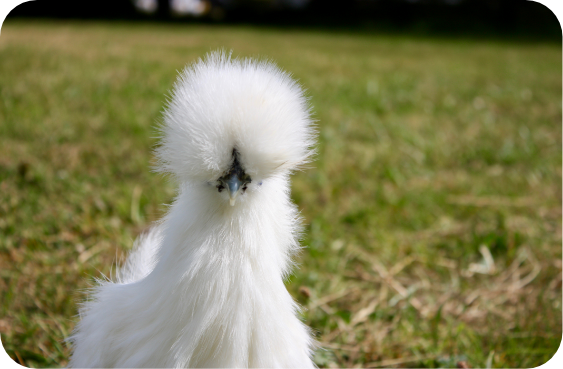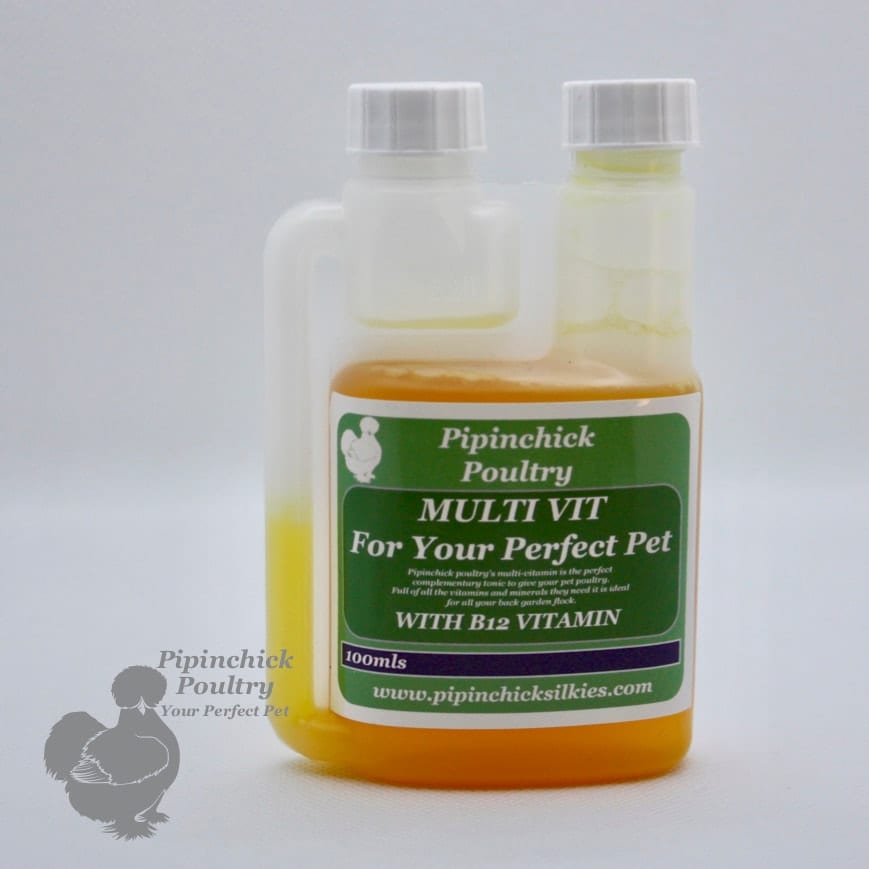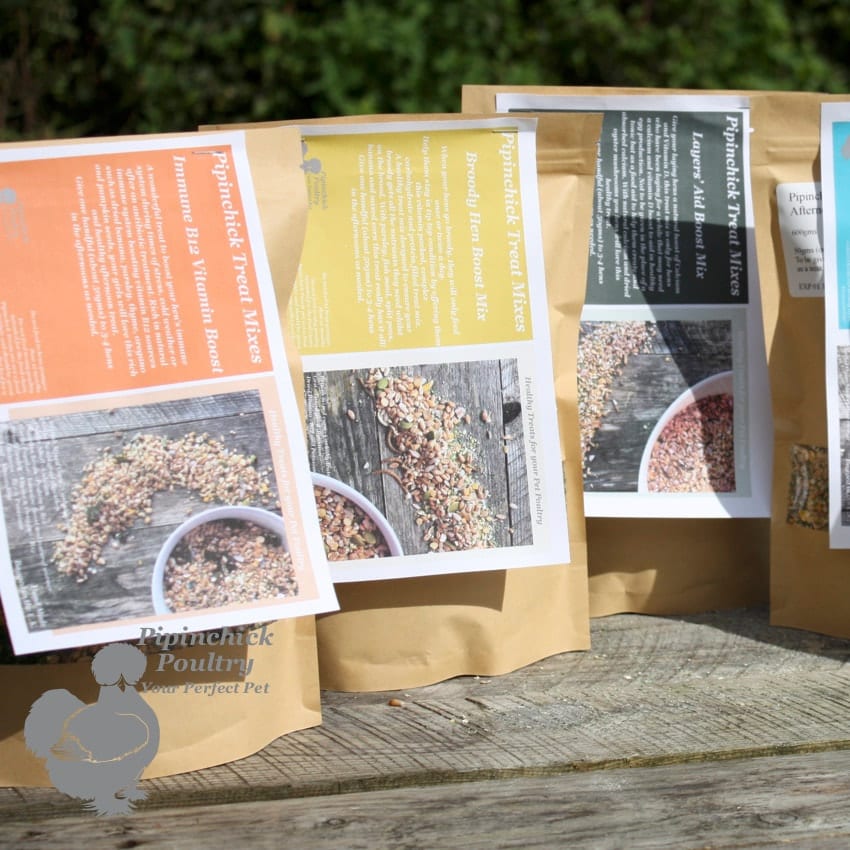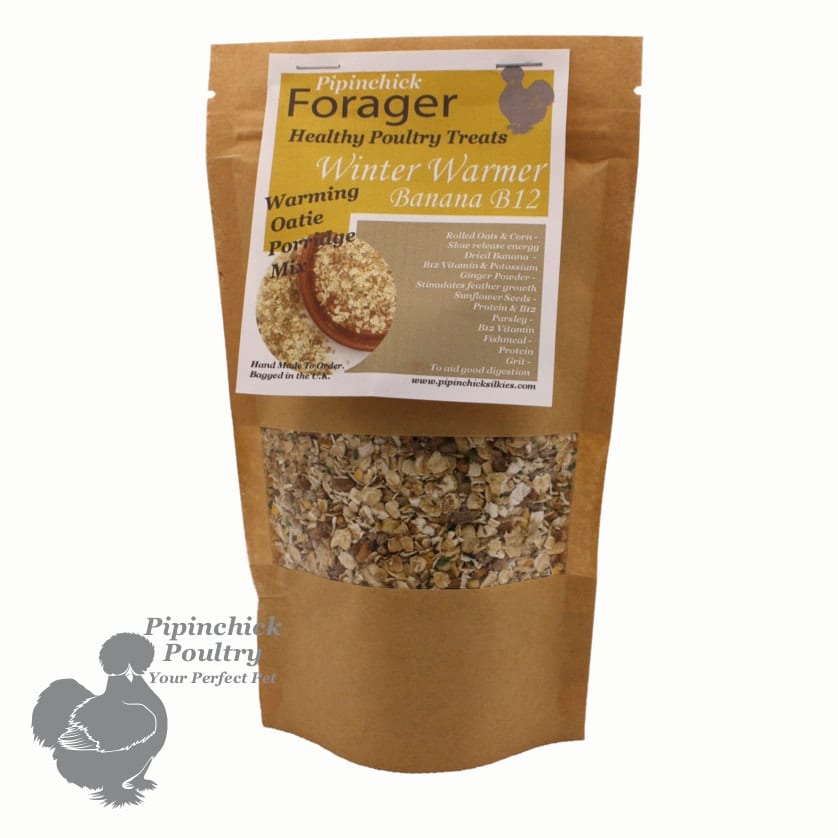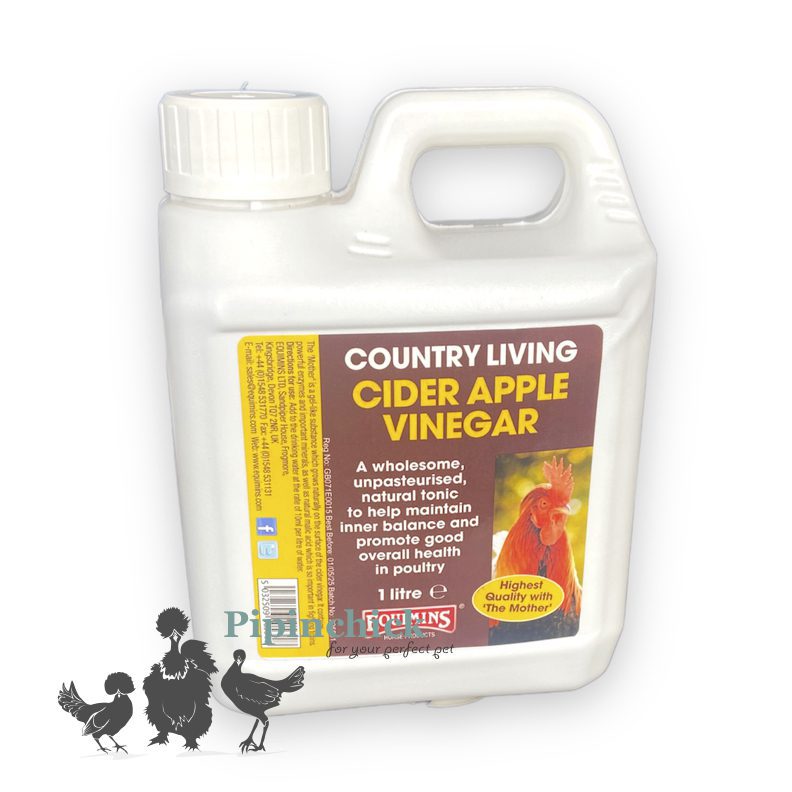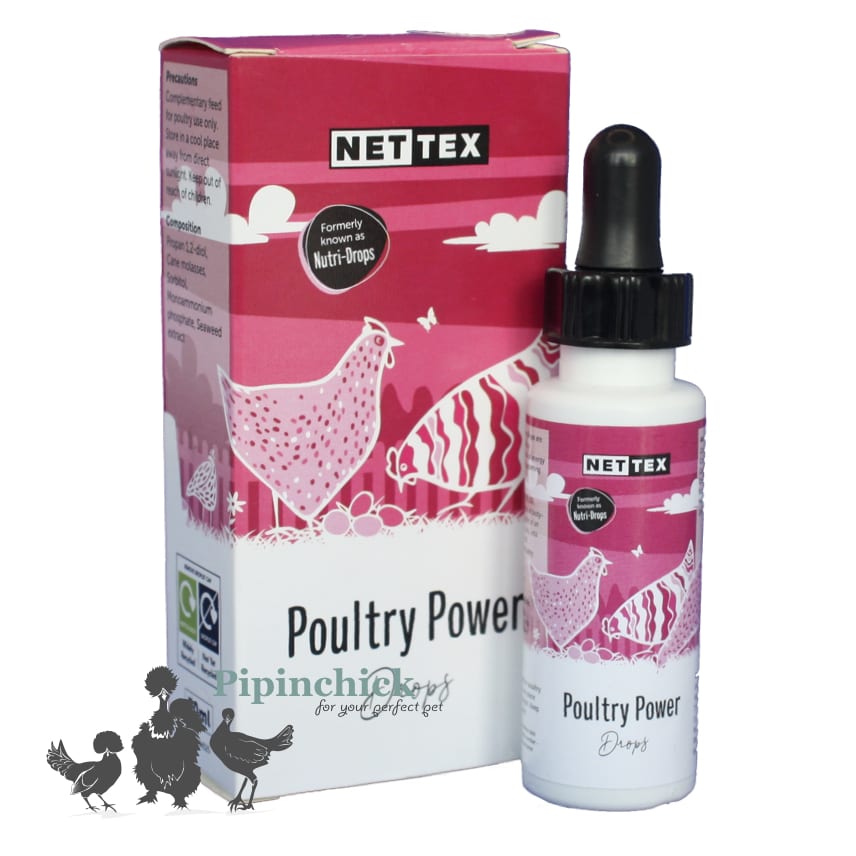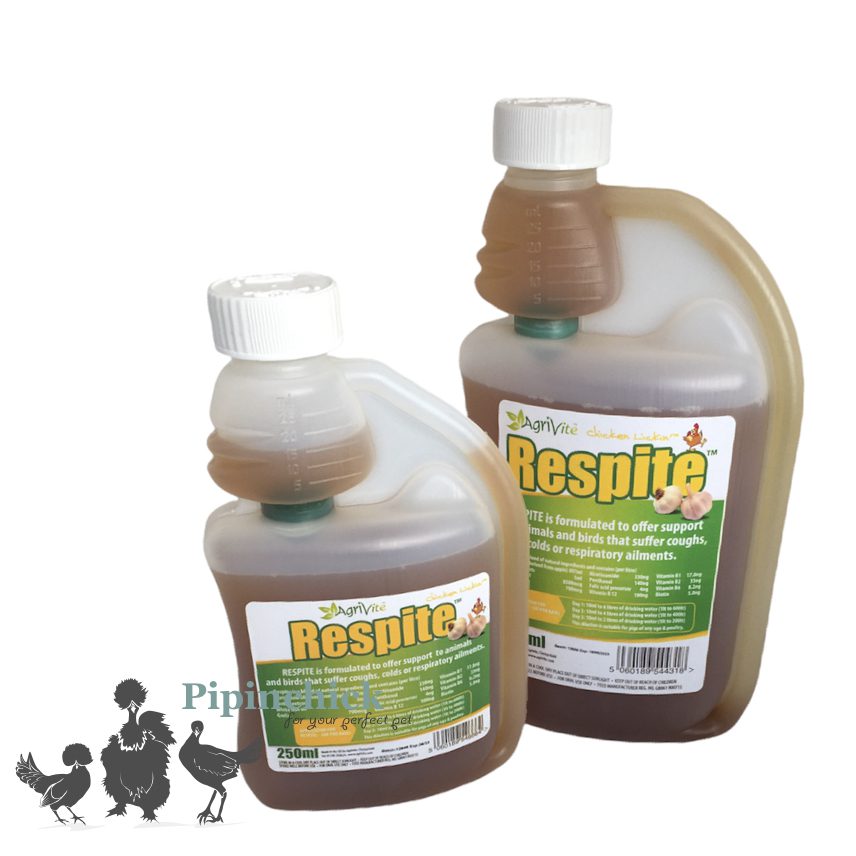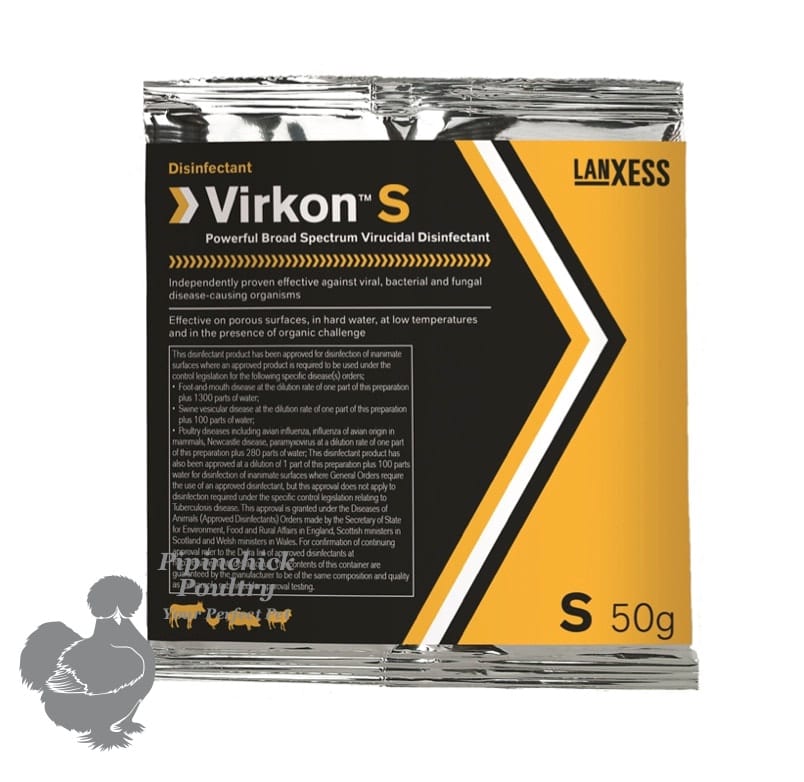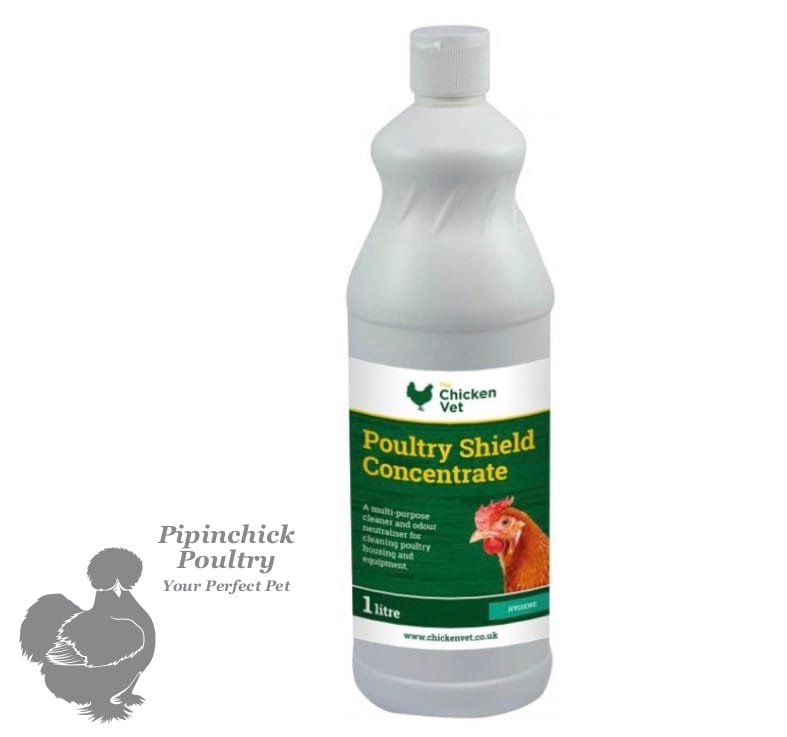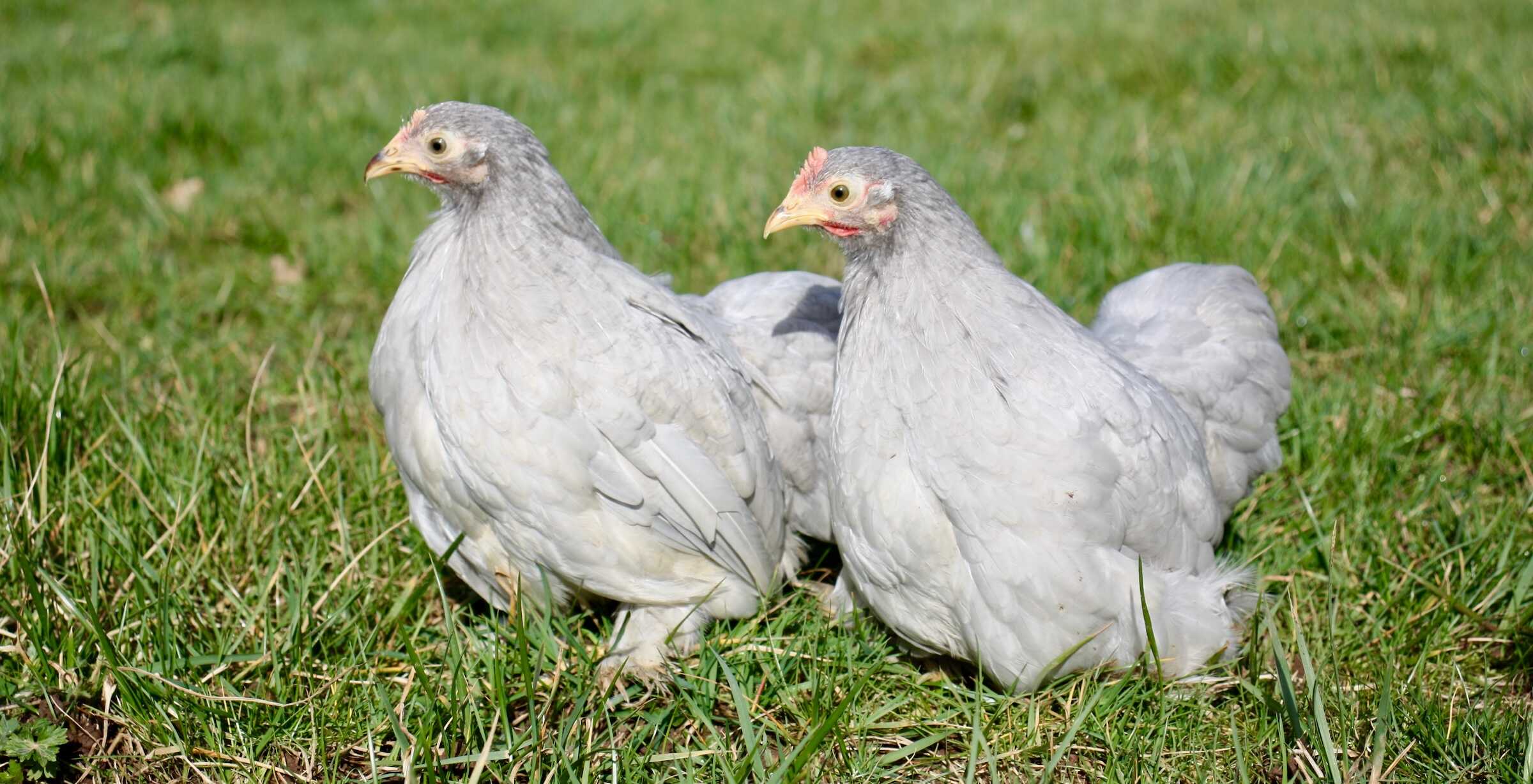



Mycoplasma
What is Mycoplasma?
Mycoplasma Gallisepticum (MG) is a bacteria-like organism that causes respiratory disease primarily in chickens and turkeys, but it can also infect gamebirds, pigeons, ducks, geese, peafowl and wild birds. MG infection in chickens is also known as Chronic Respiratory Disease (CRD). It sounds a lot more serious than it is, think of it is a chicken cold which is treatable with an antibiotic.
The mortality rate is low if caught early enough, if left untreated it can make the bird very unwell and they can die.
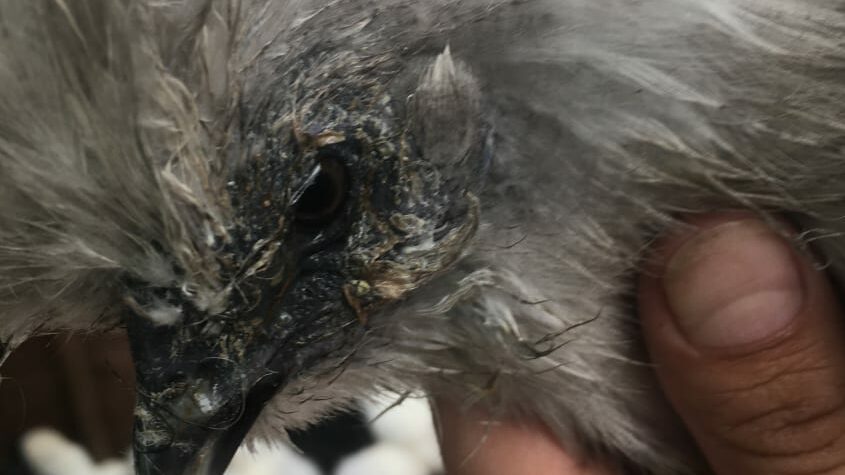
What are the main symptoms of Mycoplasma in chickens?
- Runny eyes, nose, crusting around the eyes and nasal passages.
- Breathing problems, this can be a wheeze or cough and is more noticeable at night when the birds are settling down to sleep.
- Sneezing, we call this the “snick”, it’s a short sharp sneeze that sounds almost like a wet cough.
- Lethargy and hunching, if an infection really takes hold of your hens they can become very still, unmotivated and lethargic, this can cause them to stop eating and drinking. This is a bad sign, it means the infection has really taken hold and you may struggle to bring the birds back to health.
How is Mycoplasma contracted?
Mycoplasma is contracted in a variety of different ways.
- It can be carried by wild birds; free range hens can come into contact with it easily.
- Mycoplasma can be transmitted in dust (fomites), on bedding, on shoes and clothing.
- The infectious agent survives for only a matter of days in the environment.
- Birds can also get the illness from stress triggers such as moving birds to different housing, adding new birds, a change in diet, parasite infection or even a sudden change in the weather (snow for example).
How to prevent Mycoplasma?
Keeping a clean environment is one of the main ways to prevent mycoplasma, make sure you regularly clean and disinfect your coop using our Virkon S single use sachets and good quality cleaners. Ensure your litter is freshened every 2-3 weeks and don’t let poo and muck build up in your run or coop.
Keeping your bird’s immune system strong is another great way to keep a mycoplasma infection under control, using our Pipinchick multi vitamin daily will really help boost a weak immune system, our multi vitamin has been created with extra B12 vitamin which is essential for a well-functioning immune system and good brain cognitive function. The stronger they are the better they will fight an infection.
You can get hens which have been vaccinated for Mycoplasma, however, this vaccine is not a lifetime vaccination and only offers about a 12-week protection period, it will mean your hens have a stronger immunity to Mycoplasma going forward, but it will also mean your flock caries Mycoplasma.
Effective Treatment.
The most common and effective treatment for Mycoplasma is an antibiotic called Tylan, you cannot buy this without a prescription, you will need to contact your local vet if you suspect your chickens have Mycoplasma for a diagnosis and a prescription.
Tylan is a water-soluble antibiotic, and a normal course would run for 7-10 days. Once your bird is on Tylan you should see improvement within 3 days, it is advisable to treat the entire flock.
If you birds have stopped eating or drinking it is important to get them back up and taking in nutrients, you can do this by syringing them some Tylan and vitamin water and use Nettex Poultry Power Drops, this is a great short-term solution to aid a lethargic chicken, the drops give the bird a
boost of energy which encourages them to start eating and drinking by themselves.
Once your hen has been treated and is on the road to recovery you can offer additional supplements that will help boost their immune system and aid in their recovery such as Agrivite Respite tonic.
Face to Face Consultation.
If you are still unsure about the health of your chickens and would like a professional opinion, we now offer live face to face consultations via Zoom, WhatsApp or Facetime, this allows us to have a face-to-face call with you and your chickens. You can show us what’s wrong and we can then offer real-time advice and care tips.
